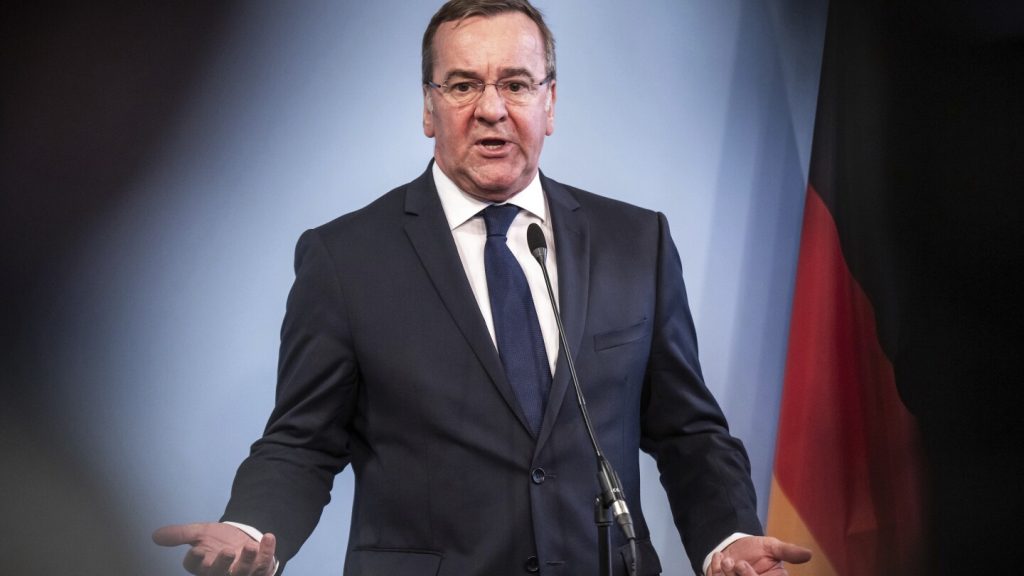The defense minister of Germany, Boris Pistorius, has announced a plan to reorganize the country’s military command in order to make the armed forces more war-capable. This move comes in response to Russia’s full-scale invasion of Ukraine in early 2022, which Chancellor Olaf Scholz described as a “turning point.” Pistorius has been tasked with overhauling the Bundeswehr, the German military, after years of neglect. He has emphasized the importance of Germany becoming war-capable, a term that some in the country find unsettling due to its post-World War II history of military caution.
The overhaul plan aims to create a single “operational military command” that will streamline decision-making and eliminate redundancy. Currently, the Bundeswehr operates with two separate command centers, one for planning and executing deployments abroad and another for the defense of Germany itself. Additionally, a cyber and information department will be expanded to become the fourth arm of the military alongside the army, air force, and navy. Pistorius highlighted the need to reset the Bundeswehr in response to the challenges of defending the country and the alliance as NATO marks its 75th anniversary.
In 2022, Scholz pledged to increase Germany’s defense spending to meet the NATO target of 2% of gross domestic product, a goal that the country had long fallen short of. A special fund of 100 billion euros ($108 billion euro) was set up to modernize the Bundeswehr as part of this commitment. Pistorius noted that Germany has achieved the 2% spending mark for the current year and is on track to maintain this level in the coming years. However, the details of how Germany will reach the 2% mark once the special military fund is depleted, likely in 2027, remain unclear. Despite progress being made in ordering new equipment, concerns have been raised about the Bundeswehr still lacking sufficient resources.
The expansion of the cyber and information department is seen as a key aspect of the reorganization of the German military. This department is responsible for countering cyberattacks, protecting electronic infrastructure, and analyzing hybrid threats like disinformation campaigns. By officially establishing this department as the fourth arm of the military, Germany is signaling its commitment to modernize its defense capabilities in response to evolving security challenges. Pistorius emphasized the need to address both new and old threats in restructuring the Bundeswehr for the defense of the country and the NATO alliance.
The move to make the German military more war-capable reflects a shift in Germany’s approach to national defense and security. The decision to increase defense spending and revamp the military command structure comes in response to the changing geopolitical landscape, particularly after Russia’s invasion of Ukraine. By aligning with NATO’s targets and modernizing its armed forces, Germany aims to enhance its ability to respond to threats and contribute to the collective security of the alliance. The reorganization of the Bundeswehr underlines the country’s commitment to strengthening its defense capabilities and playing a more active role in ensuring regional and global security.


